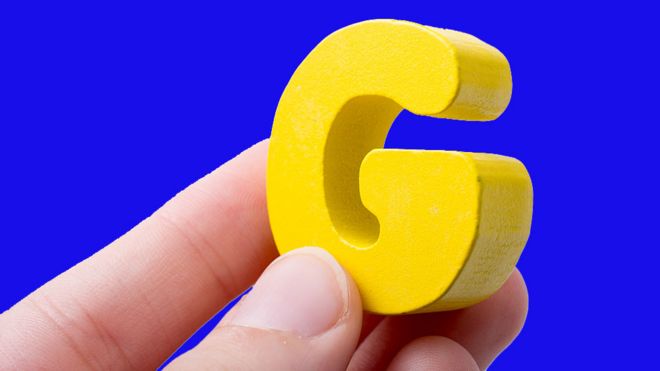
"Salvator Mundi": la misteriosa desaparición del cuadro atribuido a Leonardo da Vinci valorado en US$450 millones
Dónde está el cuadro más caro de la historia?
"Salvator Mundi", obra del siglo XVI que se le atribuye al artista italiano Leonardo da Vinci, desapareció.
Tras una puja feroz en la casa Christie's de Nueva York, se convirtió en el cuadro más caro de la historia vendido en una subasta.
Era el 15 de noviembre de 2017 y el comprador pagó US$450,3 millones.

